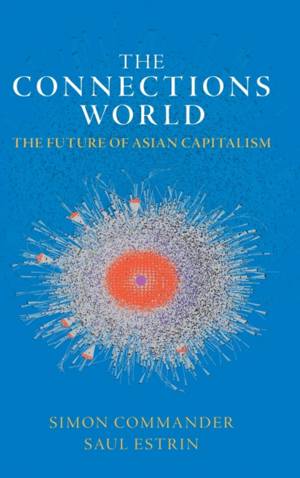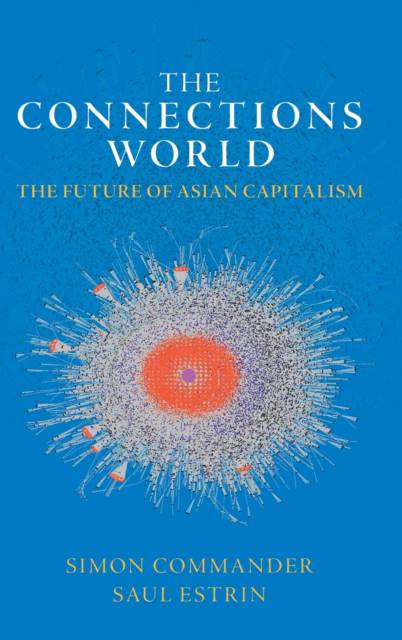
- Afhalen na 1 uur in een winkel met voorraad
- Gratis thuislevering in België vanaf € 30
- Ruim aanbod met 7 miljoen producten
- Afhalen na 1 uur in een winkel met voorraad
- Gratis thuislevering in België vanaf € 30
- Ruim aanbod met 7 miljoen producten
Zoeken
The Connections World
The Future of Asian Capitalism
Simon Commander, Saul Estrin
Hardcover | Engels
€ 144,45
+ 288 punten
Uitvoering
Omschrijving
A central feature of modern Asia that trumps differences in economic and political systems is the web of close relationships running between and within business and politics; the connections world. These networks facilitate highly transactional interactions yielding significant reciprocal benefits. Although the connections world has not as yet seriously impeded Asia's economic renaissance, it comes with significant costs and fallibilities. These include the creation and entrenchment of huge market power and the attenuation of competition. They in turn hold back the growth in productivity and innovation that will be essential for further development. The connections world also breeds massive inequalities that may culminate in political instability. The authors argue that if Asia's claim to the 21st century is not to be derailed, major changes must be made to policy and behaviour so as to cut away the foundations of the connections world and promote more sustainable economic and political systems.
Specificaties
Betrokkenen
- Auteur(s):
- Uitgeverij:
Inhoud
- Aantal bladzijden:
- 360
- Taal:
- Engels
Eigenschappen
- Productcode (EAN):
- 9781009169790
- Verschijningsdatum:
- 2/02/2023
- Uitvoering:
- Hardcover
- Formaat:
- Genaaid
- Afmetingen:
- 154 mm x 232 mm
- Gewicht:
- 566 g

Alleen bij Standaard Boekhandel
+ 288 punten op je klantenkaart van Standaard Boekhandel
Beoordelingen
We publiceren alleen reviews die voldoen aan de voorwaarden voor reviews. Bekijk onze voorwaarden voor reviews.











